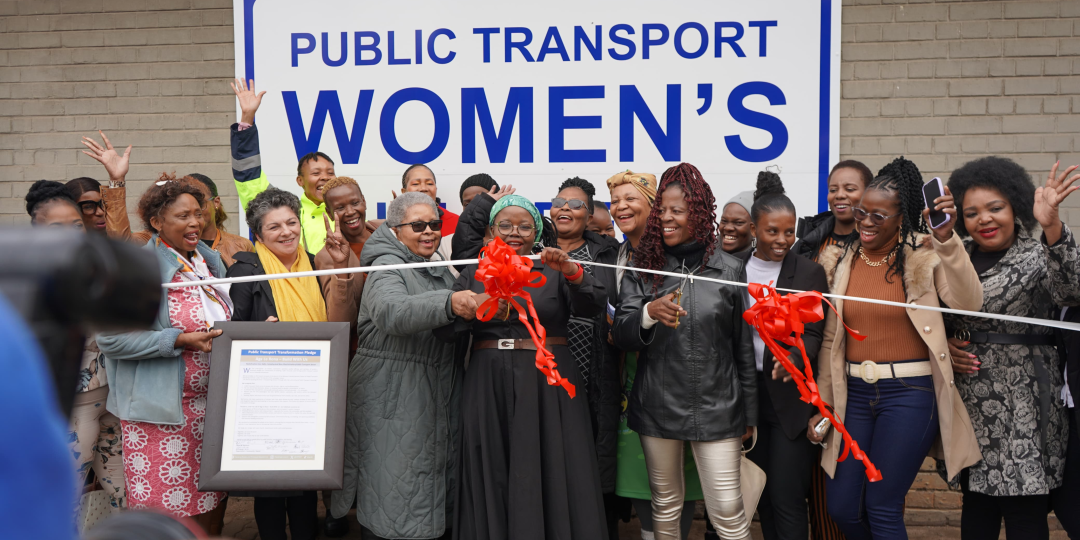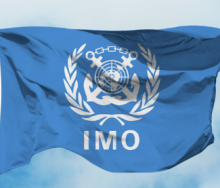The Gauteng Department of Roads and Transport has launched a Public Transport Women’s Help Desk that will assist women business owners and those working in the transport sector.
The initiative, spearheaded by MEC Kedibone Diale-Tlabela, aims to provide direct support, resources, and advocacy for women in the transport industry across the province.
Speaking at the launch this week, Diale-Tlabela said the initiative was a “profound moment in the journey towards justice, equity, and transformation in our public transport system”.
“This help desk is not just an office, it is a commitment. It is a declaration that the days of invisibility, silence and marginalisation of women are over,” Tlabela said.
She added that the desk would serve as a centralised support system for women operating or working in sectors such as taxi services, e-hailing, bus operations, and learner transport. It will offer legal support, guidance on compliance with sector regulations, business development tools, access to training opportunities, and mechanisms for reporting abuse and discrimination.
“For far too long, experiences of women in public transport have been marked by silence, struggle and survival. We know the harsh truth in many cases where a woman only enters the taxi business as a widow, forced to step in after a tragedy. Hers is a role inherited, not offered,” she said.
The MEC highlighted the continued marginalisation women face even after they have joined the industry, including the constant need to prove their worth and the lack of opportunities for growth and leadership.
“She is expected to navigate an environment that too often marginalises her, where she is seen, but not heard, where she is present, but not empowered,” Diale-Tlabela said.
She added that the initiative was not just a symbolic gesture but a concrete step toward systemic change.
“It is time we move from symbolic gestures to substantive action. From just inviting women to the table, to giving them the space to lead and chart the path forward,” she said.
“Transformation is not optional. It is by no means a favour from any man. It is a responsibility we all carry.
“Let this be the beginning of a new journey—a journey of respect, dignity, inclusion and empowerment, where public transport is not just a way to move from point A to point B, but a vehicle for real change,” Diale-Tlabela said.













